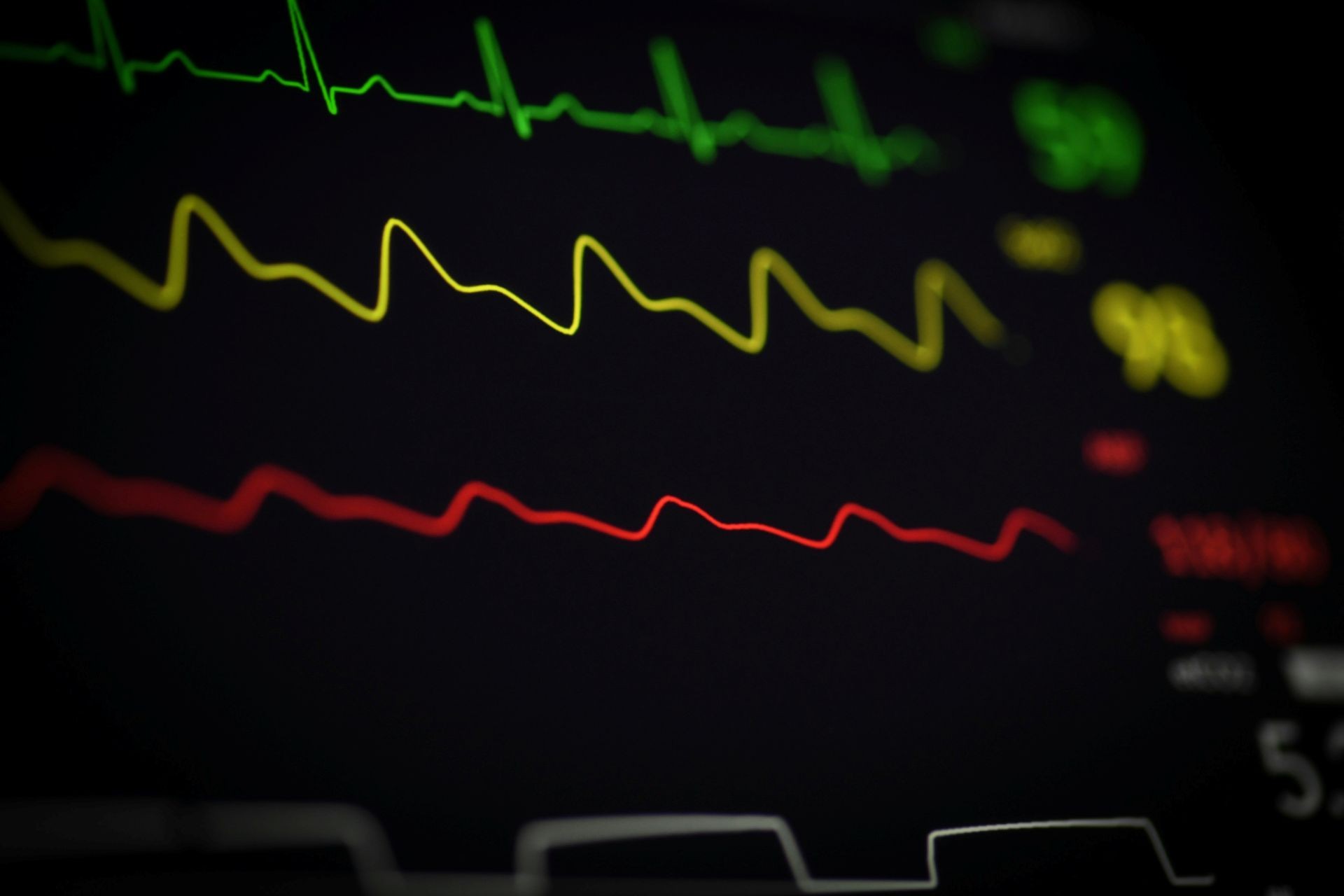RESEARCH: A new AI tool developed at Concordia enhances CPR monitoring

A Concordia-led team of researchers have developed a cutting‑edge artificial intelligence methodology that could transform how emergency teams monitor and guide cardiopulmonary resuscitation (CPR).
The new method is led by PhD candidate Saidul Islam and Jamal Bentahar, a professor at the Concordia Institute for Information Systems Engineering. It offers a faster, more reliable way to “clean up” the critical biomedical signals recorded during CPR — even in the noisiest, most chaotic emergency settings.
When someone suffers cardiac arrest, doctors and paramedics rely on live CPR signal data — such as chest compression depth, blood pressure and breathing patterns — to guide lifesaving actions. But in ambulances and hospital wards, these signals are often distorted by movement, interference, or equipment noise, making them hard to interpret.
Existing filtering methods can’t always handle these complex, unpredictable noise patterns. The Concordia‑led team’s novel unsupervised machine‑learning approach doesn’t need
corresponding labeled data, making it ideal for real‑time emergencies.
It also uses a multi‑modal framework to process multiple types of CPR signals at once, preserving vital correlations between them while removing unwanted noise.
In tests, the system outperformed all existing techniques, delivering cleaner, more accurate signals and showing exceptional adaptability to different kinds of biomedical data. The researchers believe this innovation could improve automated CPR devices, enhance decision‑making in critical care and ultimately save more lives.
Robin Cohen at the University of Waterloo and Gaith Rjoub of Aqaba University of Technology contributed to the research.
The study appears in Information Sciences.




